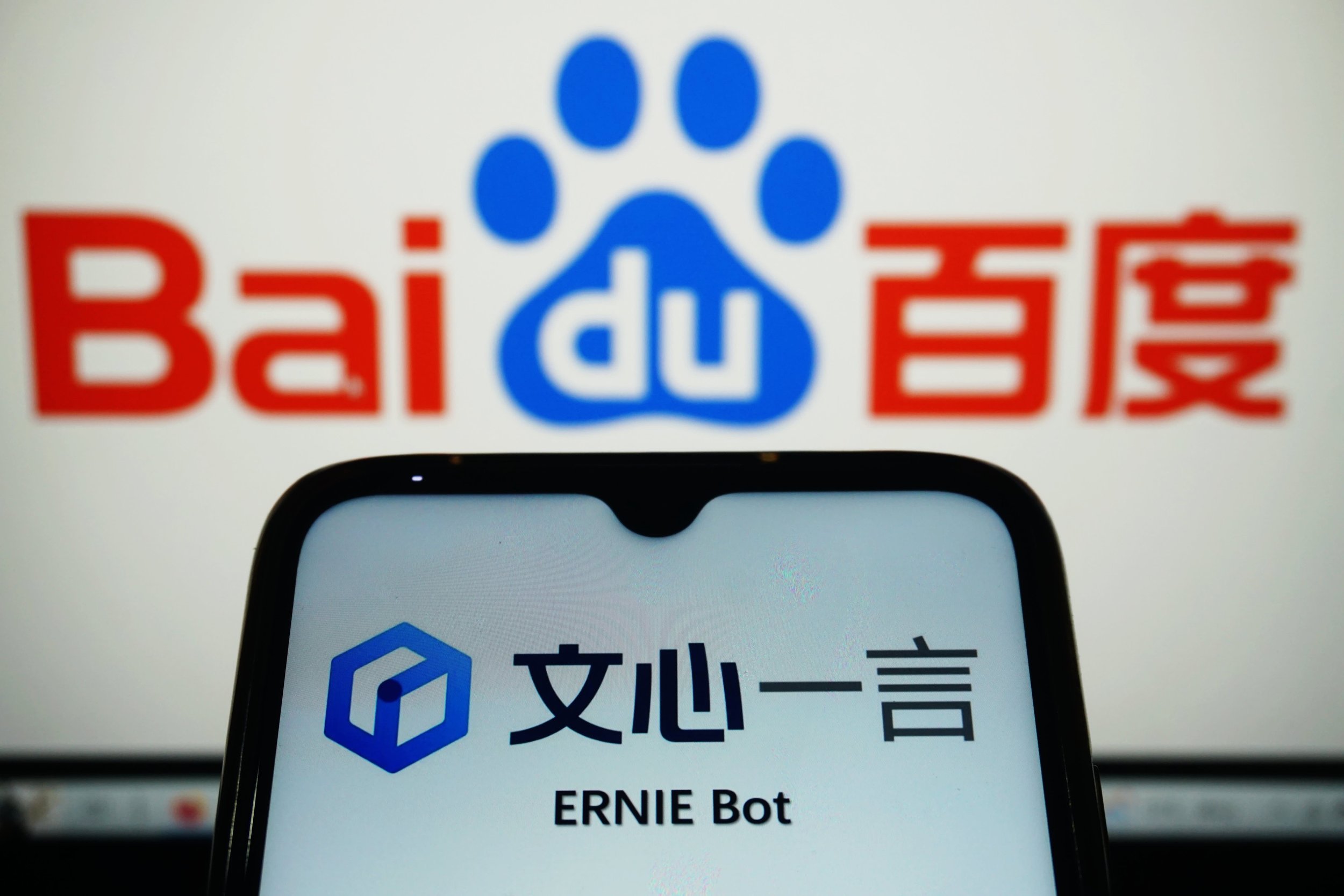
Baidu Unveils Ernie 4.0, Competing in Global AI Arena
With the announcement of Ernie 4.0, Baidu—often referred to as the Chinese Google due to its extensive internet services, including an office suite, web browser, map suite, and cloud storage—has taken a significant step forward in its AI ambitions.
This new version appears to restore Baidu’s technological credibility after the previous version, Ernie 3.5, left a lot to be desired.
During a Monday presentation at Baidu World 2023, Robin Li, the founder of Baidu, demonstrated Ernie 4.0’s enhanced real-time ability to process complex queries and intricate puzzles.
The purpose of the demonstration was to place Ernie 4.0 alongside notable Western models such as OpenAI’s GPT-4.
Li told the audience, “This is our most powerful model to date, with significant enhancements to its core abilities, understanding, generation, reasoning, and memory.”
In terms of overall performance, it surpasses the online version of the Ernie bot and is comparable to GPT-4. Baidu’s vision extends beyond an LLM upgrade; the company intends to infuse its entire suite of services with Ernie 4.0’s AI capabilities, similar to Google’s strategy of integrating AI across its products.
It is anticipated that this change will enhance services such as search, maps, file-sharing, work collaboration, and data analytics, resulting in a more intelligent and seamless user experience.
The model is in beta, requiring a Baidu account and a Chinese phone number for registration.
Alibaba, a second Chinese tech company, is also carving out a niche in the AI industry. In contrast to Baidu, Alibaba has opted for a more open approach by releasing two open-source enterprise models, Qwen-7B and Qwen-Chat.
In a press release, Daniel Zhang, Chairman and CEO of Alibaba Group and CEO of Alibaba Cloud Intelligence, stated, “We are at a technological tipping point driven by generative AI and cloud computing, and businesses across all industries have begun to embrace intelligence transformation to stay ahead of the competition.”
Alibaba is another Chinese behemoth that began as an e-commerce site similar to Amazon and has since expanded into cloud computing, entertainment, digital media, and electronic payments, among other fields.
On the Western front, Google and Microsoft’s battle for AI supremacy in the United States is equally riveting. The quest for AI supremacy is a narrative that resonates on both sides of the globe, despite the geopolitical isolation of the playing fields.
Microsoft has supported OpenAI, accelerating its AI advancements on GPT-4, which now powers Windows 11’s new AI features, while Google’s ambitious Gemini project is not far behind.
Google, like Baidu, is eager to integrate AI across its services, including Google Search, Google Docs, Google Photos, Google Maps, and even its smartphones.
With each step these tech titans take in either the East or the West, the global map of AI integration continues to evolve.





